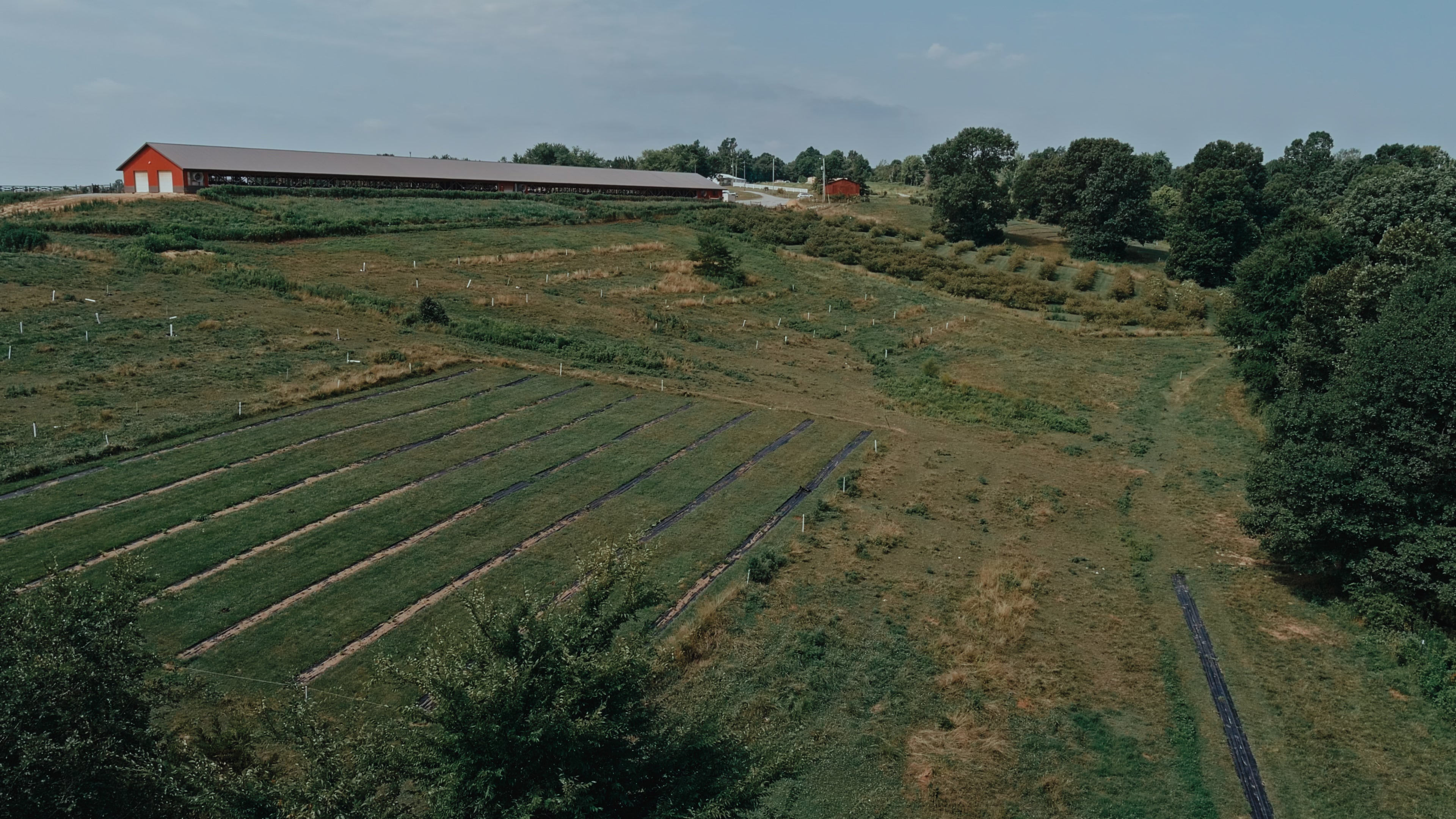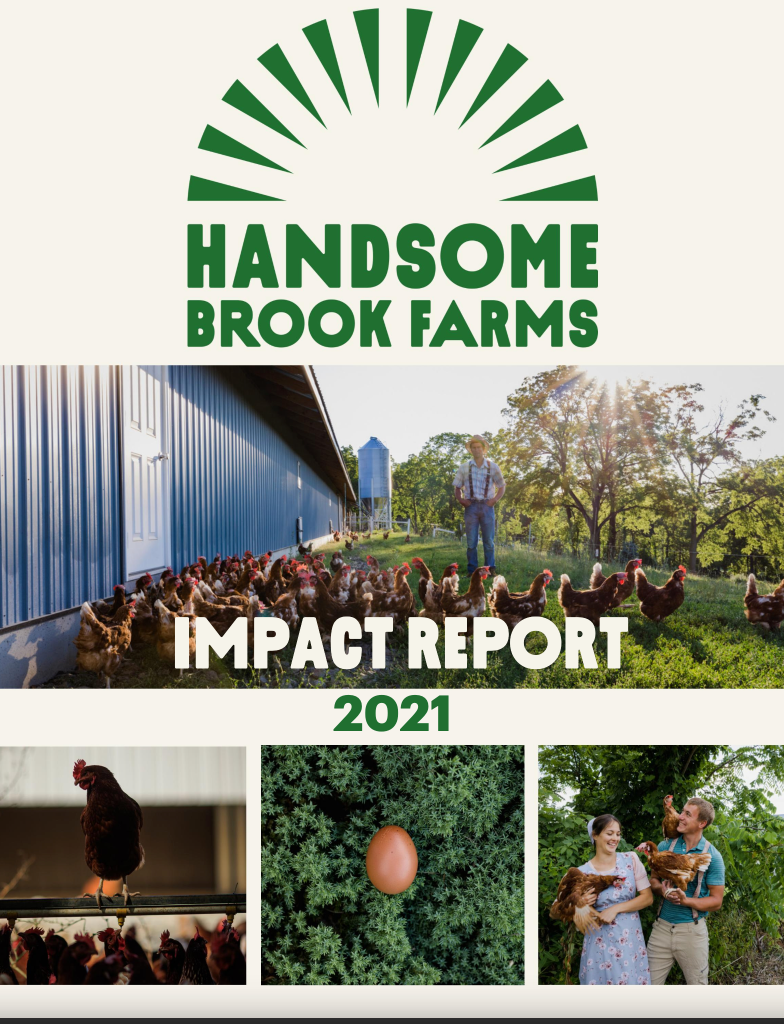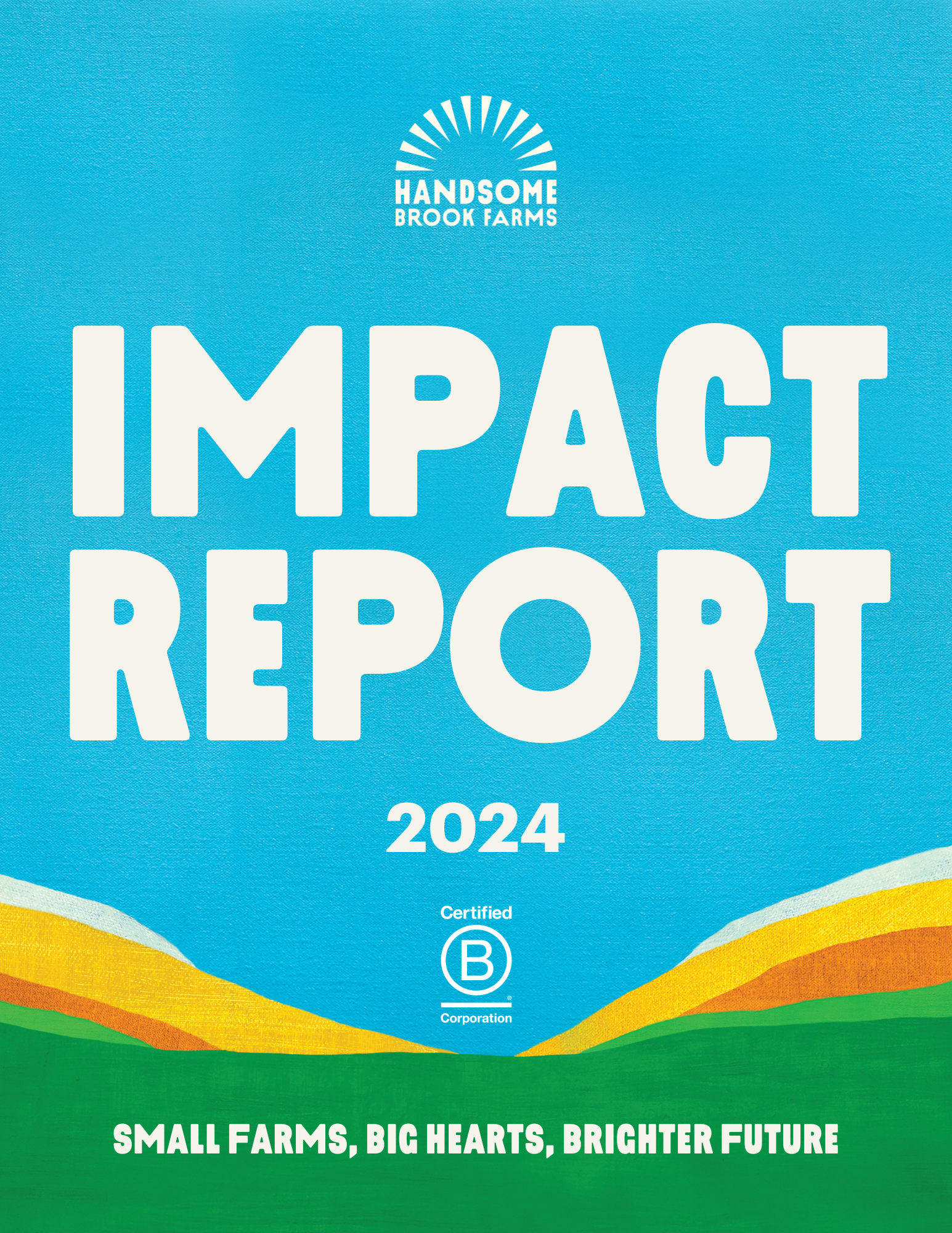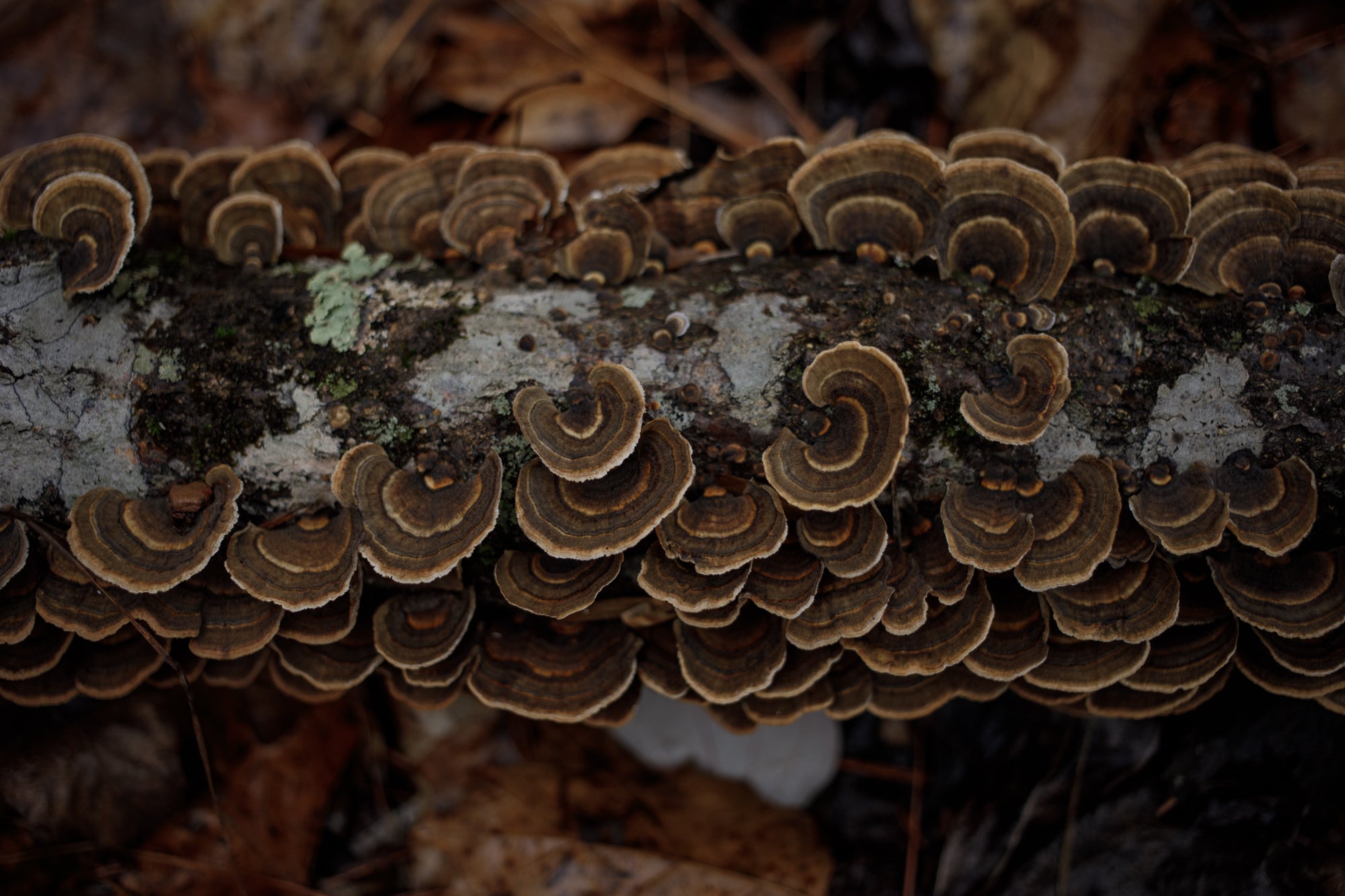Regenerative Agriculture Series: Elderberries and Handsome Brook Farms

Elderberries have grown in popularity across the Handsome Brook Farms network for a number of reasons. Elderberry plants are fast-growing, they provide edible, anti-oxidant rich berries for the hens to snack on, and are great for soil health. Elderberry products have also been growing in popularity across the United States, which means that growers can find markets to sell their berries and flowers once they’re ready to harvest.
The Elderberry Evolution
Handsome Brook Farms’ earliest adopters to implement regenerative agriculture practices wanted to add shade to their pasture to lure the birds further from their barns, but were wary about planting trees. They were concerned that tall trees would draw predators - like hawks - closer to their barns and endanger their hens.
Taking these concerns into consideration, Handsome Brook Farms growers and the Corporate Responsibility Department worked with agroforestry consultants to brainstorm ideas for short stature plants that work well with hens and provide additional benefits for the soil and for growers.
We learned from organizations incorporating regenerative land management practices, specifically a nonprofit organization called Sharing Our Roots, based in Minnesota. They grow elderberry and hazelnuts around their poultry barns for many of the same reasons we wanted to. After conversations and knowledge sharing with Sharing Our Roots, it was determined that elderberries might work well for Handsome Brook Farms hens and growers!
The Elderberry, Hen, Grower, Soil Health Nexus
Elderberries are native to the North American continent, and tolerate a wide range of growing conditions and climates. North America’s Indigenous people were the first harvesters and tenders of elderberry - utilizing the berries for food, medicine, and dyes. Today, the use and benefits of elderberries have become ubiquitous.
Elderberries are one of the easiest plants to propagate and maintain once established, making them ideal for Handsome Brook Farms growers who are busy tending their hens. Elderberries can be fully coppiced, or cut back to ground level, every 3-5 years. This practice of coppicing extends the lifecycle of the elderberry plant and provides organic matter for the soil, which improves soil health. In just one year after coppicing, elderberries can grow ten to twelve feet!
The hens enjoy elderberries because of their shade canopy and edible fruit. The hens also help the elderberries produce fruit and flowers by providing useful fertilization with their manure.
Responsible Sourcing
“There’s no better fertilizer for Elderberries than chicken litter,” says Dave Buhler of Elder Farms in Mount Vernon, Missouri.

Now that the elderberry plants from Handsome Brook Farms’ early adopters are three years old, the cuttings can be shared and re-planted on other regional farms. Demand for cuttings in our network of growers is high. Handsome Brook Farms’ Pasture Management Planner prunes the elderberry plants in their dormant state and starts them in organic-approved soil to give them the best chance of establishing once planted. But we didn’t have enough cuttings to meet the growing demand.
In addition to transplanting cuttings from existing elderberry plants, Handsome Brook Farms sources from responsible elderberry nurseries including Elder Farms in Missouri. Elder Farms and Buhler Organics have been cultivating many varieties of the American Elderberry for 10 years and are becoming leading producers and advocates for the prosperity of the American Elderberry. As a third generation dairy farmer, Dave Buhler’s enthusiasm for the native berry is high as he’s seen firsthand the benefits to human health and land ecosystems that come from regenerative farming of organic elderberry.
Handsome Brook Farms is proud to support growers interested in implementing regenerative practices on their farms. Learn more about other regenerative practices being implemented across the Handsome Brook Farms network in future articles!









